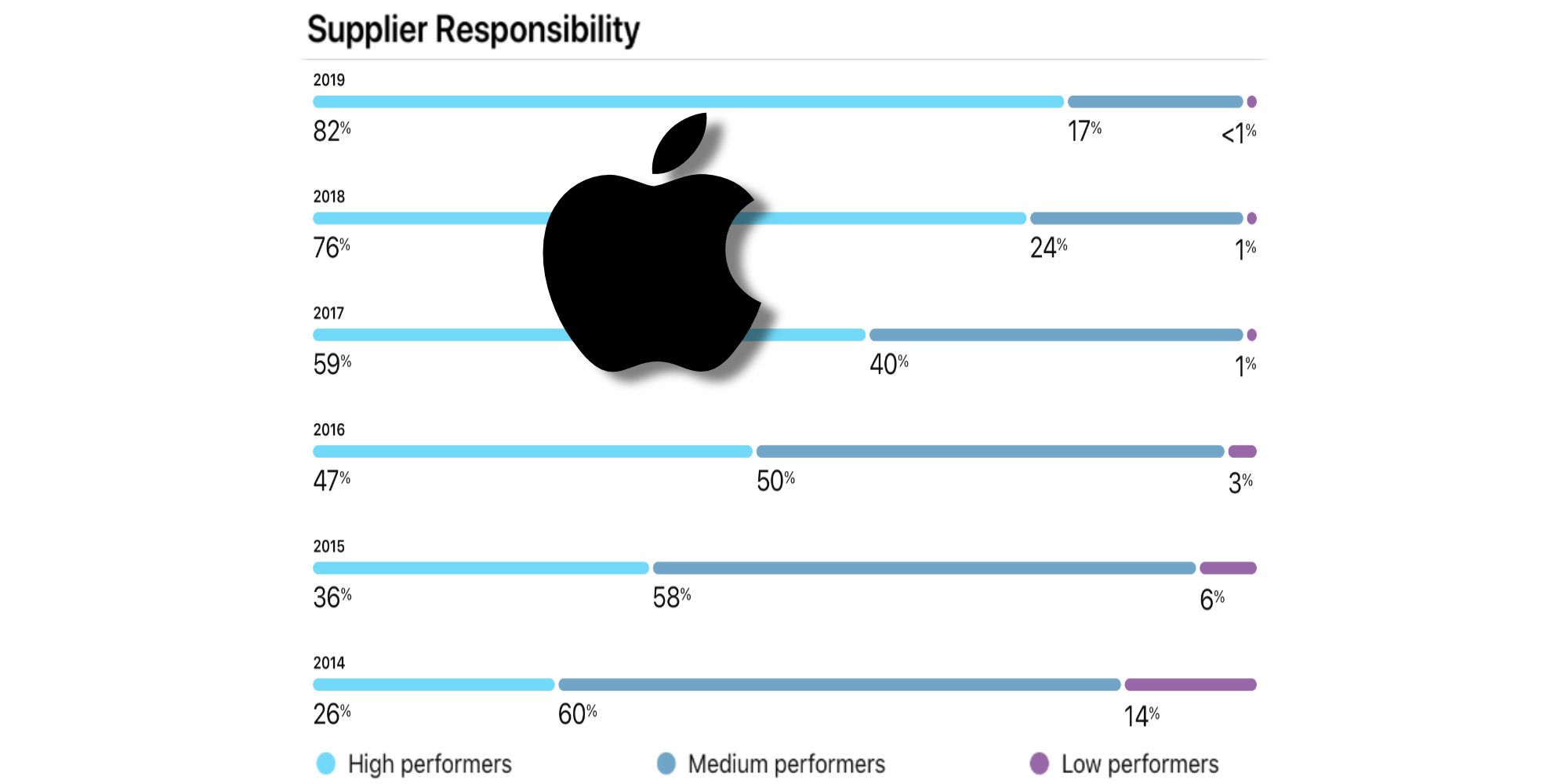Apple recently published an official human rights policy based on the United Nations Guiding Principles on Business and Human Rights. This is a first for the company and lagging behind most other leading tech companies, including Google, Microsoft, Facebook, Amazon and Dell. Human rights are recognized as among the most important issues in many countries, but are given less notice in others. This can make enforcement quite challenging for multinational corporations.
Apple Inc. is a large company with offices world-wide. In the US, Apple employs over 100,000 workers, supports over 400,000 jobs at supplier companies and 1.5 million jobs for App Store developers. Bearing in mind that Apple products are primarily manufactured overseas, the number of workers supported by Apple can be multiplied many times over. As a result, any human rights policy changes that Apple makes potentially affects millions of people. Apple has been criticized by human rights activists for many years and a spotlight was thrown on the company when news broke about worker suicides in China at Apple’s top contract manufacturer, Foxconn. Apple launched an investigation and instituted annual progress reports to promote improvements in compliance of its partners with Apple’s work policies.
Many found Apple’s efforts at labor reform lacking and continued to press for more and quicker changes. Apple leadership did make several attempts to change policy that were voted down by shareholders. Finally, Apple’s board of directors approved the human rights policy that is currently in place, just before a Sept. 5 deadline for shareholders. The policy is published online as a PDF and Apple has an interactive supplier responsibility page that summarizes its position and adds some interesting statistics and charts to back up its claims. The policy starts off with ‘People Come First,’ a feel-good beginning, followed by a description of a commitment to freedom of speech and privacy. Then the main topic is raised around the middle, stating they work with suppliers through mandatory training on labor and human rights. Further, Apple states that it will conduct regular audits, investigate complaints, and stop doing business with any company not willing or able to meet standards. However, this comes in 2020 when most of Apple’s suppliers have already reached a medium to high level of compliance with labor rights issues. Apple makes this commitment a full decade after the Foxconn suicides happened.
Is Apple To Blame Or Is The Problem Systemic?

Apple makes a good case for its efforts to reform workplace standards that have been established in other countries that operate under different laws. These have become the standard in the U.S. and Europe. Normal length of a work shift, worker benefits and compensation rates can be dramatically different between countries. While this doesn’t exempt Apple from scrutiny, it means that there are few easy answers. Every company is in business to make money and to grow. Given that formula, it is easy to understand how human rights could be viewed as in conflict with multinational corporations. Even with Apple’s renewed commitment to human rights, the policy states in three places that it will honor local laws. That means what the U.S. and Europe considers unethical policies regarding freedoms and rights, may continue.
In terms of the bigger picture, if Apple’s hands really are tied in some regards, what can be done? Similar concerns plague various other corporations. This is work that is usually handled on a governmental level, but world governments don’t seem to be resolving many of the problems arising, instead focusing on economic needs. Perhaps, this is another opportunity for people to look to themselves. Humans created this problem and if it is ever going to be corrected, it may just need the people to stop waiting for corporations and governments to find the solution. While Apple’s Human Rights Policy doesn’t magically solve the divided interests of workers, corporations and governments, it is somewhat reassuring to see progress being made by the company on this front.





